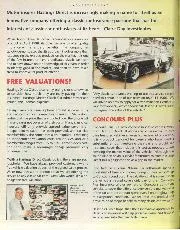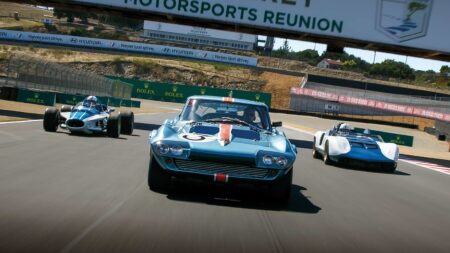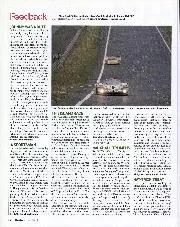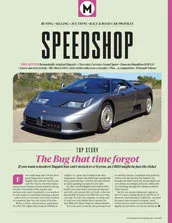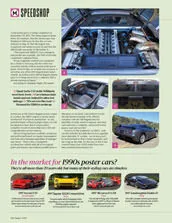The Future of Trials and Some Suggestions.
A subject which has been widely discussed in motoring circles lately has been the future of reliability trials. The undeniable fact has to be faced that complaints from landowners and residents in the districts favoured by trials organisers are becoming more frequent. It is not a pleasant thought that the Chilterns and Cotswolds are becoming too hot for use, and that the inhabitants of several other districts are beginning to show signs of unrest.
The irritating part of the whole business is that not even the most enthusiastic trials driver can fail to sympathise with the man, who, having chosen his house in the most secluded and peaceful place he could find, is disturbed by a stream of small sports cars grinding up a narrow lane in bottom gear, only a short distance from his house.
Our confusion is more confounded when the said house-owner mildly complains, “I wouldn’t mind if it happened only at long intervals, but this lane is used by clubs every single week-end of the year.” The careful reader, anxious to find a remedy to the satisfaction of all parties, will have deduced two
important points from the foregoing. First, that motor clubs should avoid using hills .which are within say a quarterof -a-mile distance from a house, and second, that the number of trials should be drastically reduced.
The first point may seem a little hard, but the arguments in its favour are unanswerable. A club can use one hill just as easily as another, but a man who has bought a house and land should not have to move to another site just because the hill he chose for the view also possesses a fierce gradient and some hairpin bends. The ideal trials hills are those on lovely tracks of land such as Exmoor, Dartmoor, the Lake District and the Welsh mountains, and trials
drivers should not object to the journeys involved in reaching these districts. It is here, that the R.A.C., as the governing body of motor sport, should step in. A committee should be formed to report on all recognised trials hills and to investigate whether the use of such hills inconveniences in any way the local residents. Clubs would then have a limited number of hills from which to choose their routes, and no other hills would be allowed, on pain of losing the R.A.C. permit for the trial. Those who delight in finding fresh hills would have to submit them to the committee for approval, and from time to time new hills would be added to the
R.A.C. list of recognised gradients. Naturally, in the event of a complaint being received by a club for using a ” recognised” hill, the secretary would throw the onus on to the R.A.C., which is only as it should be. It would be far better for the sport if as many functions as possible could be filled by the governing body, and not just the granting or withholding of a permit. The second point which needs immediate action on
would be quite willing to cancel their own individual trials. the part of the R.A.C. is that there are far too many small trials, and that their number should be strictly limited. What we should like to see would be the R.A.C. holding two or three really good trials every year, and inviting clubs to provide the organising committee and officials. The clubs could then regard the trials as their own events, with individual placings of their members, as well as taking part in the main trials. We believe that many small clubs, which at present run their own trials with great difficulty as regards marshals and entries, would welcome such a scheme and
